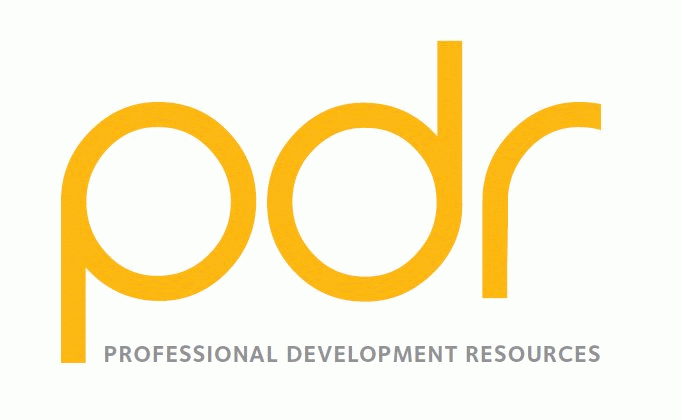From PDResources.org
Washington DC-licensed speech language pathologists have a license renewal every two years with a December 31st deadline, even years.
Twenty (20) hours of continuing education (30 if dual-licensed) are required to renew a license, and there are no limits for online continuing education courses if ASHA-approved. One hour of ethics is required at each renewal.
The DC Board of Audiology and Speech-Language Pathology
CE Required: 20 hours, every 2 years (30 if dual-licensed)
Online CE Allowed: No limit
License Expiration: 12/31, even years
National Accreditation Accepted: ASHA – Professional Development Resources is approved by the Continuing Education Board of the American Speech-Language-Hearing Association (ASHA Provider #AAUM) to provide continuing education activities in speech-language pathology and audiology.
Notes: 1 hour in ethics required each renewal
Date of Info: 10/26/2016
DC SLPs can earn all 20 hours required for renewal through online courses offered on the speech-language pathology page at PDResources.org.
Online Continuing Education Courses for Speech Language Pathologists
|
Professional Development Resources is a nonprofit educational corporation 501(c)(3) organized in 1992. Our purpose is to provide high quality online continuing education (CE) courses on topics relevant to members of the healthcare professions we serve. We strive to keep our carbon footprint small by being completely paperless, allowing telecommuting, recycling, using energy-efficient lights and powering off electronics when not in use. We provide online CE courses to allow our colleagues to earn credits from the comfort of their own home or office so we can all be as green as possible (no paper, no shipping or handling, no travel expenses, etc.). Sustainability isn’t part of our work – it’s a guiding influence for all of our work. |
|
We are approved to offer continuing education by the American Psychological Association (APA); the National Board of Certified Counselors (NBCC); the Association of Social Work Boards (ASWB); the American Occupational Therapy Association (AOTA); the American Speech-Language-Hearing Association (ASHA); the Commission on Dietetic Registration (CDR); the Alabama State Board of Occupational Therapy; the Florida Boards of Social Work, Mental Health Counseling and Marriage and Family Therapy, Psychology & School Psychology, Dietetics & Nutrition, Speech-Language Pathology and Audiology, and Occupational Therapy Practice; the Ohio Counselor, Social Worker & MFT Board and Board of Speech-Language Pathology and Audiology; the South Carolina Board of Professional Counselors & MFTs; the Texas Board of Examiners of Marriage & Family Therapists and State Board of Social Worker Examiners; and are CE Broker compliant (all courses are reported within one week of completion). |






